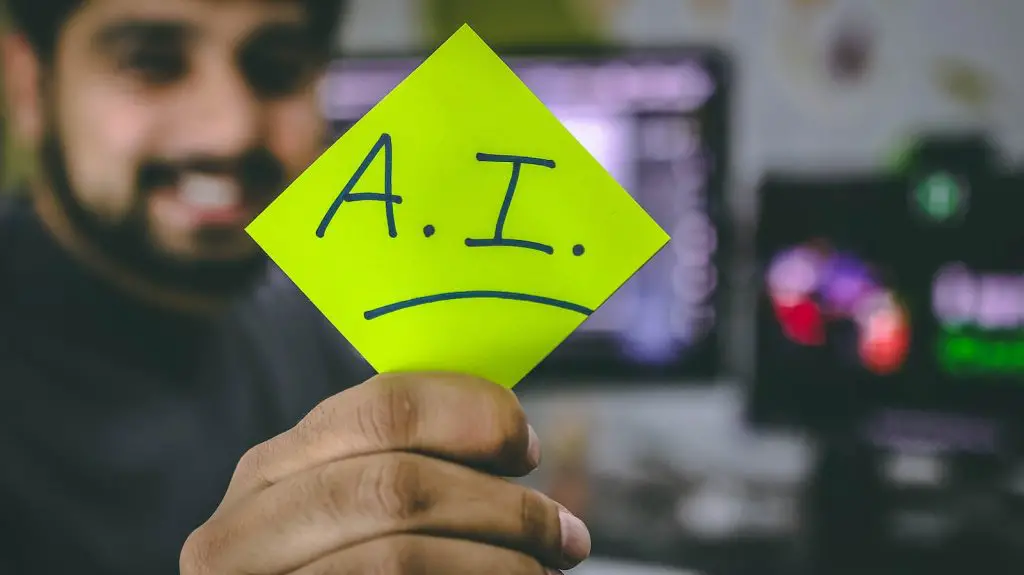This post may contain affiliate links which means I may receive a commission. Learn more on my Privacy Policy page.
The Role of Artificial Intelligence in Education
AI can have a tremendously transformative effect on education, particularly for students. AI allows teachers to tailor a tailored learning experience for every pupil.
Teachers need to employ AI in their classrooms in order to ensure students receive feedback that is meaningful based on their performance data, thus helping to reduce bias in testing and improve student outcomes.
Personalized Learning
Over time, educators have witnessed technological innovations promising to transform learning only to leave them disappointed by reality. That is why many may view AI with some caution.
Artificial Intelligence provides students with a tailored educational approach tailored to their abilities and needs, helping schools work more quickly and efficiently together with AI technology.
AI can free up teachers’ time for other important tasks, like creating course materials and establishing effective classroom practices. AI tutors may even provide students with meaningful feedback – an especially helpful service when students fear taking risks in front of peers or teachers and shy away from receiving critical criticism; AI can make mistakes feel less terrifying while giving reliable and meaningful feedback that they can trust.
Personalized Assessments
AI can make learning information simpler for students through visualizations and simulations, while helping teachers create different types of content – bite-sized learning, study guides, digital textbooks etc – for their classes. Furthermore, it can also serve to educate students about technology’s ethical implications.
AI can help teachers Personalize Assessments by identifying individual student strengths and weaknesses. This can be accomplished by analyzing input data such as learning styles or past performance records of each student analyzed; AI also allows teachers to identify biases in assessment processes more quickly and eliminate them more effectively.
AI can also be utilized to automate grading, freeing teachers up so they can focus on assessing students’ work and providing needed support. Furthermore, attendance tracking and notifying parents of unplanned absences allow teachers to concentrate more fully on teaching and improving classroom environments.
Personalized Feedback
Students often ask teachers generic or repetitive questions that AI can answer instead of them having to respond personally, giving teachers more time for planning lessons, curriculum research or increasing student engagement.
AI can aid teachers with their own learning by giving them access to an abundance of information in one convenient place, which allows them to stay abreast of latest developments within their subject areas and expand on existing knowledge.
AI can also be utilized to monitor classroom conditions and provide teachers with real-time feedback, alerting them of issues such as temperature or lighting levels that have an impact on student performance. AI helps make classrooms a more effective and engaging place for learning – helping motivate students while helping teachers identify potential obstacles to learning.
Personalized Support
AI in education extends well beyond grading assignments or providing feedback; it can also offer personalized assistance, particularly through tools like chatbots.
Chatbots can answer enrollment queries quickly and offer instantaneous solutions – available 24/7 to offer assistance to students.
AI can also help teachers better understand their students by analyzing student data and behavioral patterns. If students appear confused regarding certain topics or lectures, AI will immediately notify the teacher to expand upon concepts more thoroughly.
Bottom Line
AI can help students learn more effectively and avoid falling behind their peers, by offering adaptive learning software, study guides, and digital textbooks that make course material more digestible for all types of learners – such as those with different learning styles, hearing impairments or speaking multiple languages. AI also serves to reduce distractions during study and create an immersive learning experience for its users.




